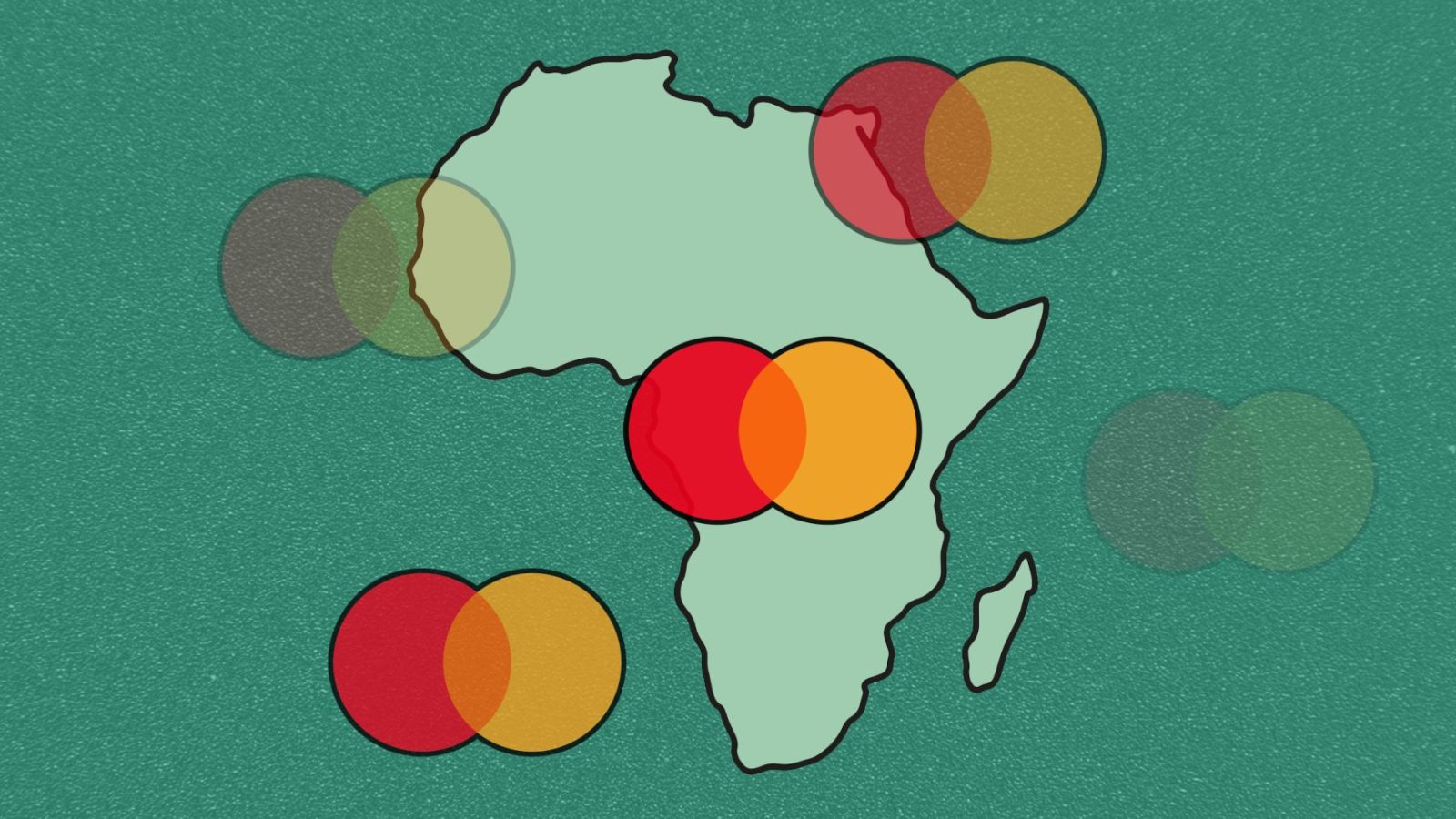
Mastercard has released a new whitepaper exploring the continent’s readiness, opportunity, and roadmap for responsible artificial intelligence adoption and digital transformation in Africa.
The comprehensive study provides detailed insights into how AI, if deployed inclusively, can unlock transformative outcomes across major African industries including agriculture, healthcare, education, energy and finance.
According to a recent Statista report, Africa’s AI market is projected to experience significant growth from $4.5 billion in 2025 to over $16.5 billion by the year 2030.
The paper presents a clear case for extensive multi-stakeholder collaboration and investment in the future, highlighting the continent’s unique demographics and entrepreneurial spirit.
Mark Elliott, Division President of Africa at Mastercard, commented that unlocking AI’s full potential will require significant investment in infrastructure, data, talent, and policy.
The whitepaper outlines the potential positive impacts of artificial intelligence on digital infrastructure, policy and governance, and accelerates job creation with up to 230 million digital jobs projected.
AI is also expected to increase access to formal finance through AI-enabled credit scoring and new fraud prevention tools for a more inclusive economy.
The report provides detailed regional highlights, noting that South Africa is solidifying its role as a continental leader in AI research and application with national development plans.
Kenya is emerging as a leader in AI innovation, leveraging its “Silicon Savannah” status to securely deploy AI across sectors like healthcare with AI-powered chatbots.
Nigeria ranks second in AI startups and is using artificial intelligence to personalize learning, deliver microfinance, and strengthen government with new tools.
Mastercard’s whitepaper draws on insights from leading African technologists, policymakers, and academics to explore how AI can accelerate financial inclusion and economic growth.
